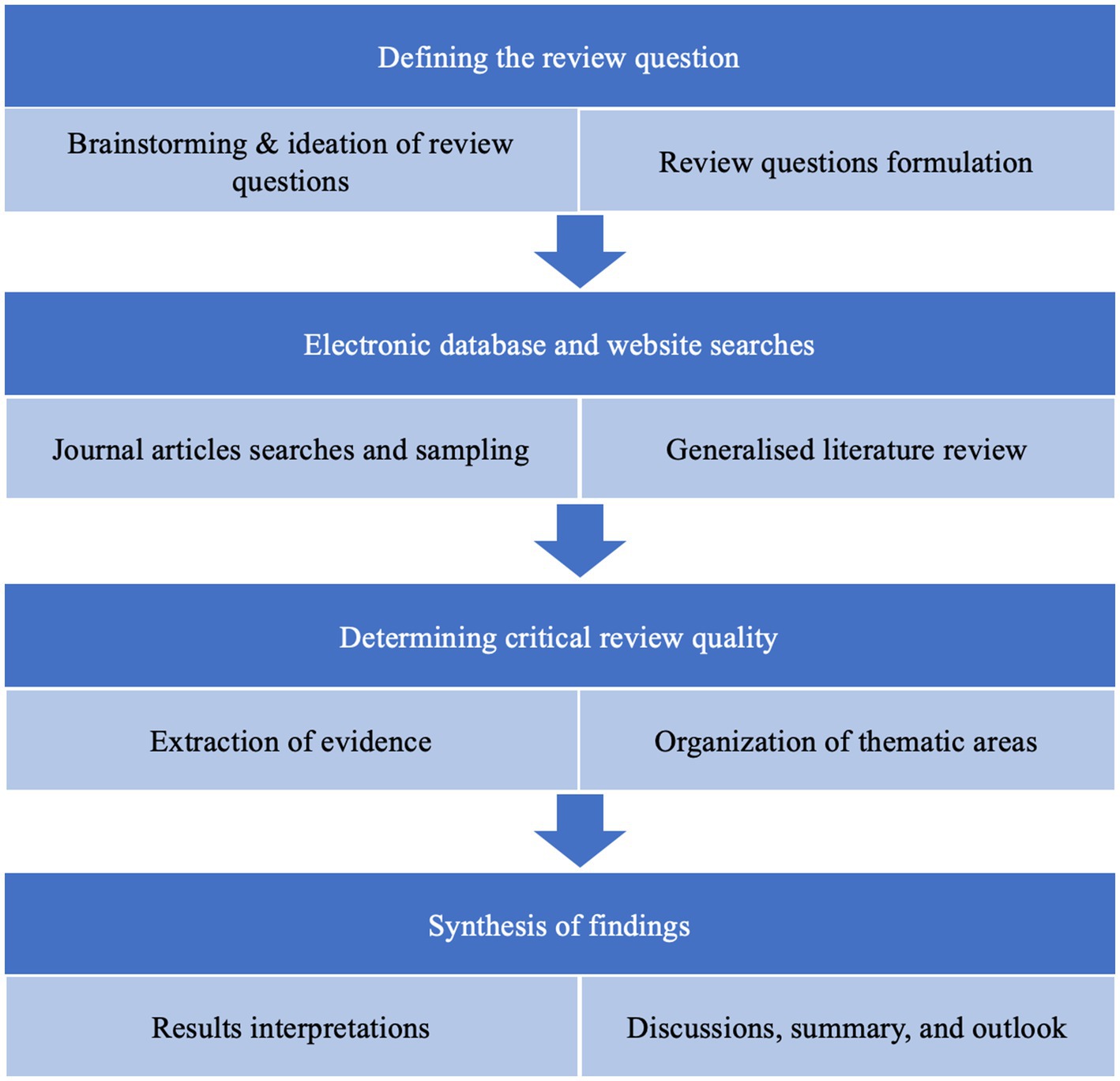
Current landscape of AI in the Global South
The advent of the Fourth Industrial Revolution and its accompanying technological advancements has commanded the attention of countries worldwide, leading to an unprecedented adoption and interest in leveraging artificial intelligence (AI). As AI increases in ubiquity, countries in the Global South, including Africa, Southeast Asia, Latin America, and the Caribbean, have begun to capitalize on the opportunities presented by these technologies despite early development being primarily concentrated in the West. Given the historical development challenges that countries in the Global South have faced, AI stands to help advance progress in critical domains such as agriculture, healthcare, and education. However, rising concerns about the ethical implications of using AI also present new challenges for countries in this region to address, along with handling existing development priorities.
Challenges of AI in the Global South
Despite the opportunities presented by AI, several challenges remain. Infrastructure challenges plaguing countries in the Global South could potentially hinder the development of AI in these regions with the large amounts of data needed to train AI systems and the high number of computing resources consumed in this process. Africa particularly struggles with internet access. In the last decade, internet penetration in Africa rose significantly, increasing from eight percent in 2011 to 36% in 2021. Limited internet penetration within Africa can largely be attributed to inadequate access to electricity and insufficient investments in crucial internet infrastructure components such as fiber optic cables, cellular towers, and base stations. According to data from the World Bank, 80.7% of the urban population in Sub-Saharan Africa is connected to electricity. Comparatively, South Asia has an urban electricity connectivity rate of 99.9, and Latin America and the Caribbean have a rate of 99.5%. This figure drops to 30.4% in rural Sub-Saharan Africa, compared to 98.3% in rural South Asia and 96.5% in rural Latin America and the Caribbean.
Concerns regarding the negative impacts of AI have led to a wide array of conversations regarding its use in domains such as healthcare, employment, and policing. However, many of these concerns have primarily been concentrated on the West, excluding perspectives on how AI may affect countries in the Global South. The Global South has also routinely become a destination for outsourced data labeling labor, with companies, such as Sama and Scale AI, relying on workers from this region. Recent coverage has highlighted the harms data workers and content moderators in East Africa and South Asia have faced when exposed to graphic content. And there are concerns that this exploitation could continue or even worsen. The lack of robust data protection and AI policies in the Global South could potentially lead to greater levels of misuse as AI grows in reach. Given that AI legislation is still in early development globally, there is an opportunity for countries in the Global South to circumvent the potential negative impacts of AI. To counter these harms, governments representing these countries must make a concerted effort to draft AI strategies and move towards enactment to protect vulnerable communities and enable responsible innovation. They must also be prominently represented at the table in multilateral global conversations on AI.
The road forward for AI in the Global South
The World Bank’s estimations indicate that connecting the 100 million Africans residing in remote areas would necessitate an investment of at least $100 billion. Plans are underway to improve connectivity in the Global South, starting with the African continent. 2Africa, the longest subsea internet cable ever designed, is currently under deployment and has 46 connections to land-based networks around 33 countries within Africa, Asia, and Europe. While most of the world’s estimated 485 in-service subsea internet cables are owned by large telecommunication companies, big tech companies that include Amazon, Google, brookings.edu

Join us, as fellow seekers of change, on a transformative journey at https://sdgtalks.ai/welcome, where you can become a member and actively contribute to shaping a brighter future.






